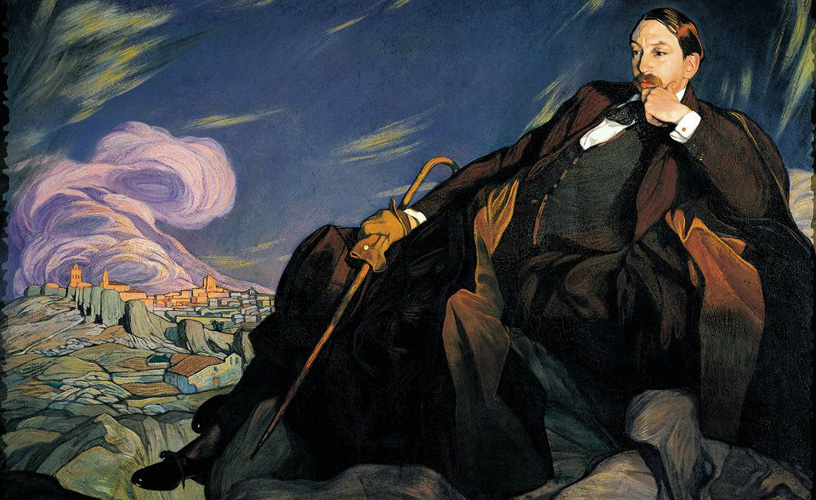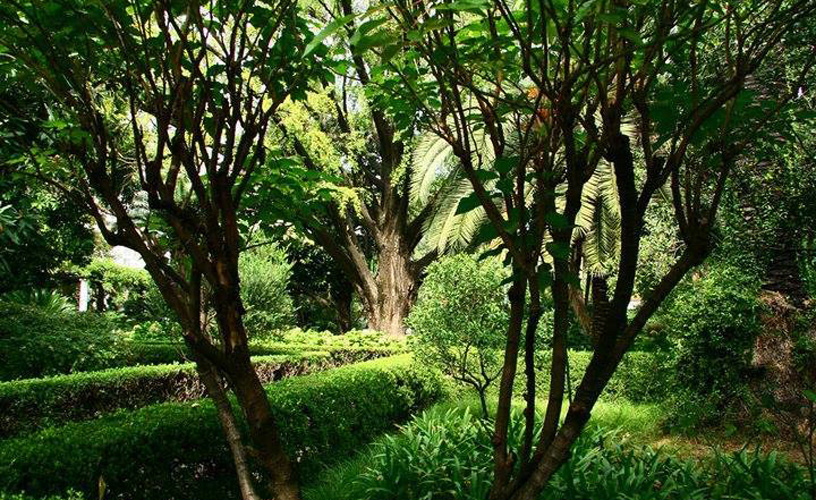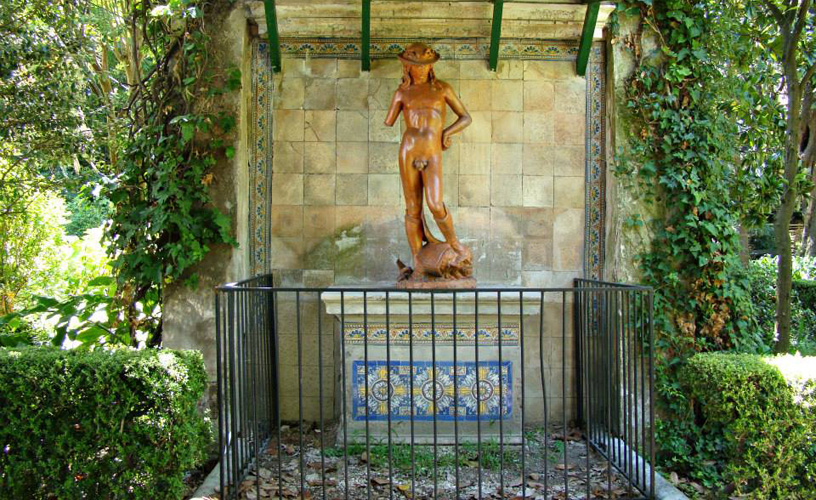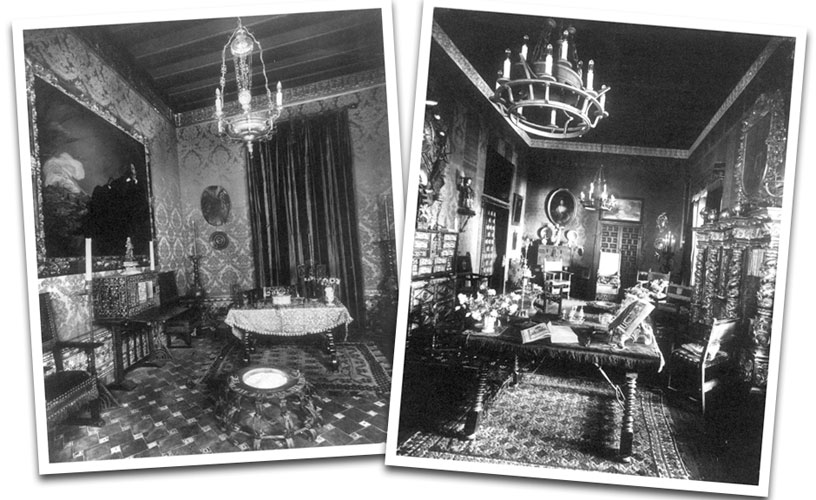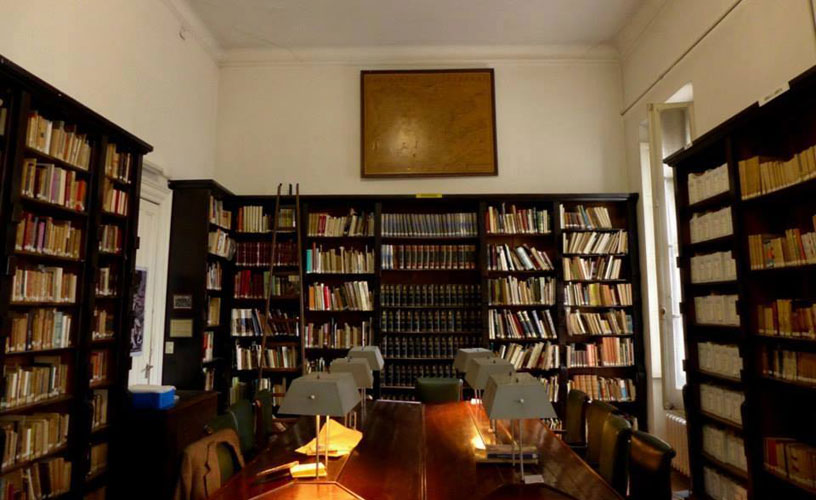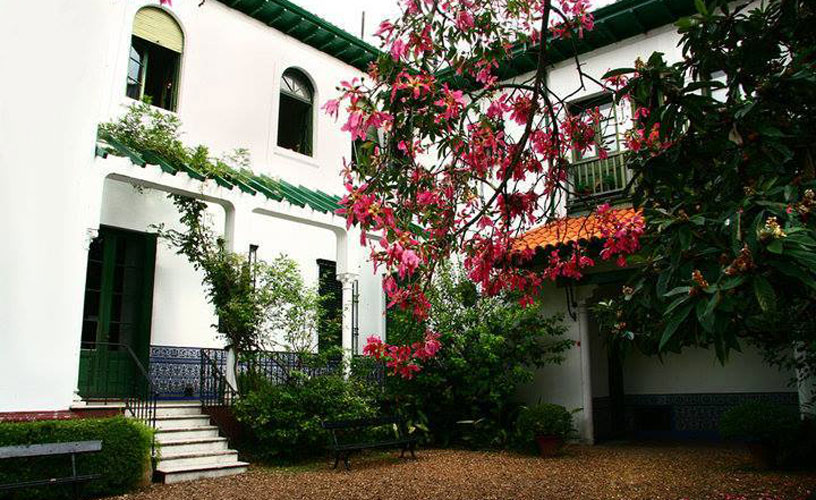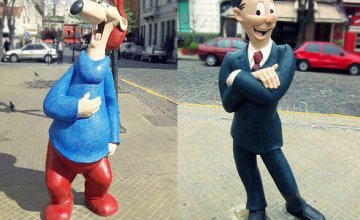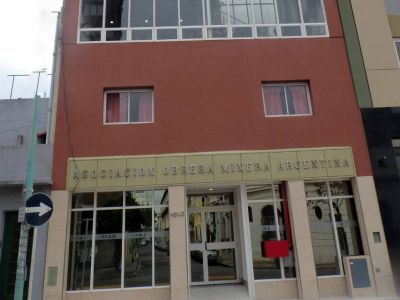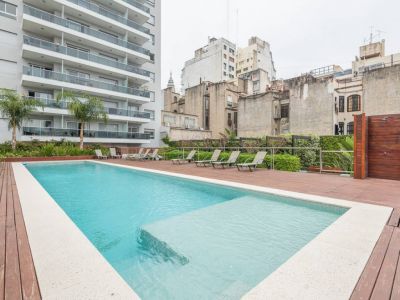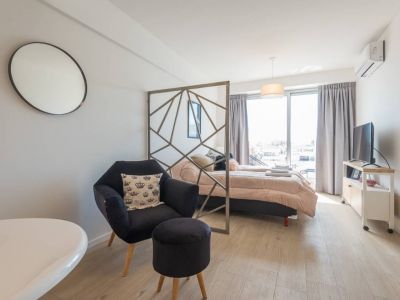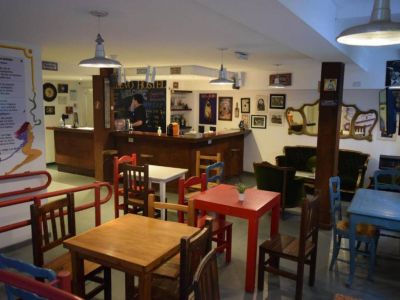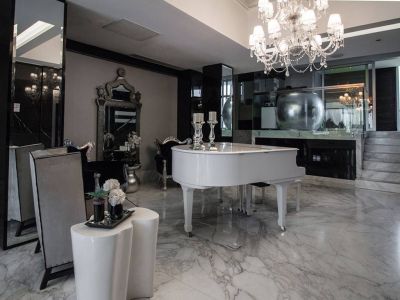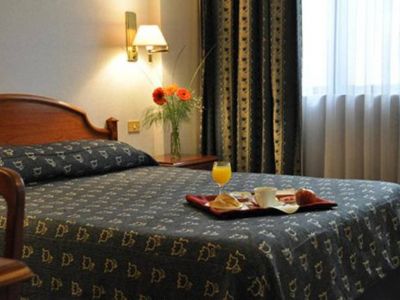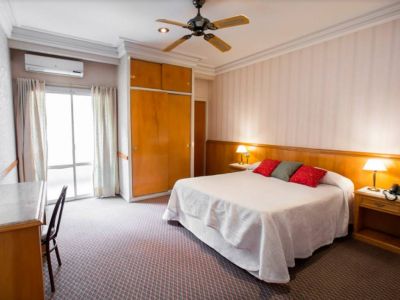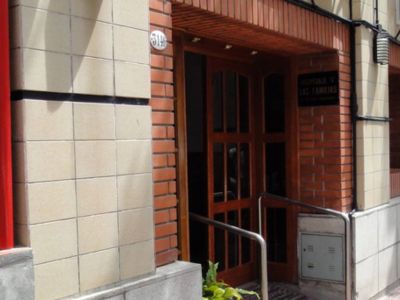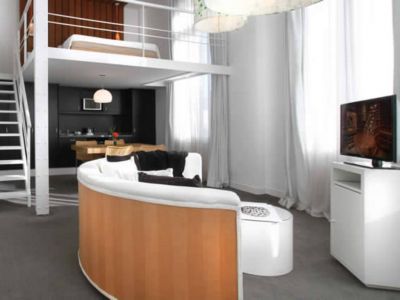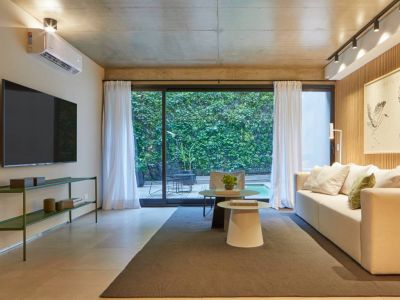This museum displays the wide collection originally owned by its resident, the Argentinian writer Enrique Larreta, an enthusiast of Spanish art and furniture from the Renaissance and Baroque periods. Besides, we could visit its Andalusian garden.
On Juramento Street, one block from Cabildo Avenue and at the shopping and bustling heart of Belgrano neighborhood, there lies this museum, once the house of modern writer Enrique Larreta. Visiting this venue is like touring around a European museum: it is entirely dedicated to Spain.
A Man and His House The house which currently serves as the museum was built by architect Ernesto Bunge in 1886 with a Mediterranean design and surrounded by a large park. In 1894, it was purchased by Mercedes Castellanos de Anchorena and afterwards inherited by her daughter Josefina, Enrique Larreta's wife. At the beginning of the twentieth century, Larreta came back to settle down in
Buenos Aires and brought a vast collection of Spanish art and furniture from France, where he served as a diplomat, for decoration purposes.
Marcos Rodríguez
Gentileza Buenos Aires Gob.Ar
Phone: +54 11-47844040
